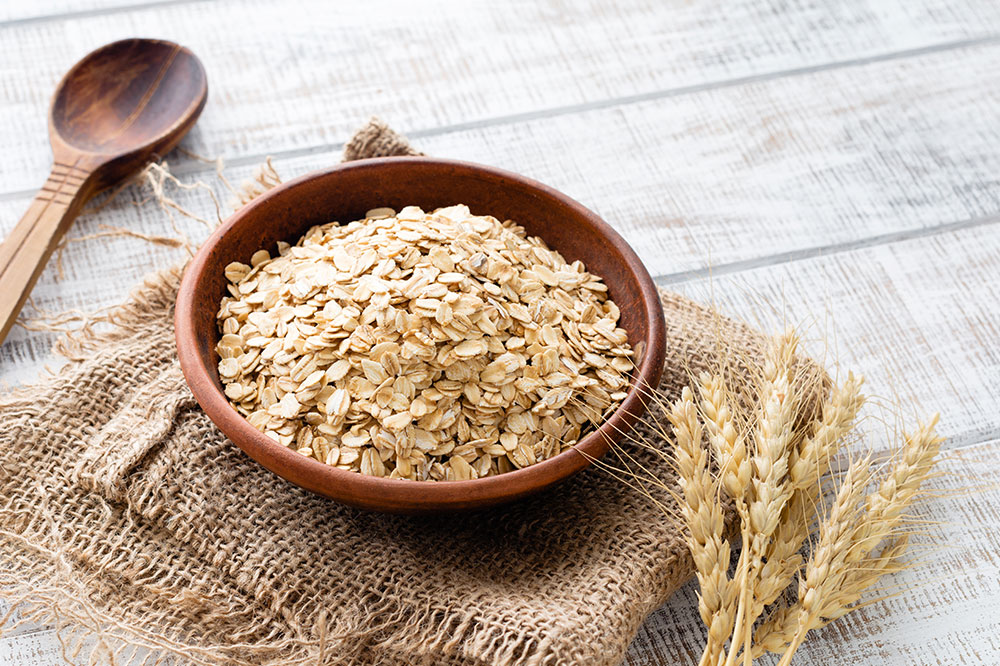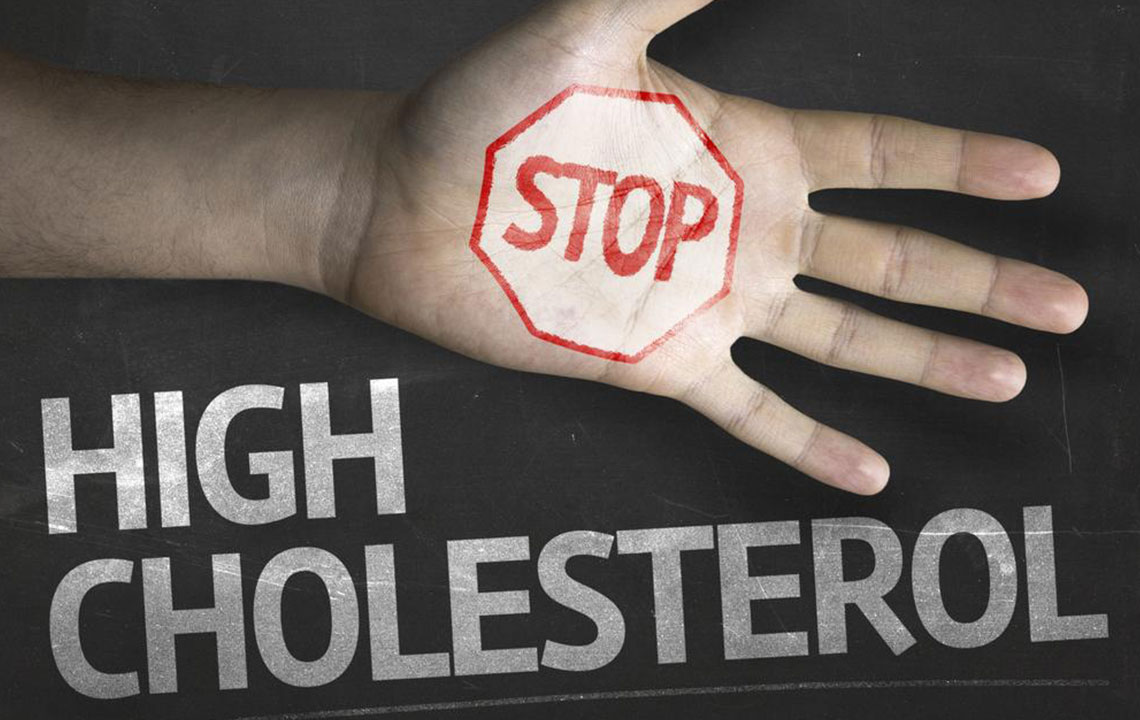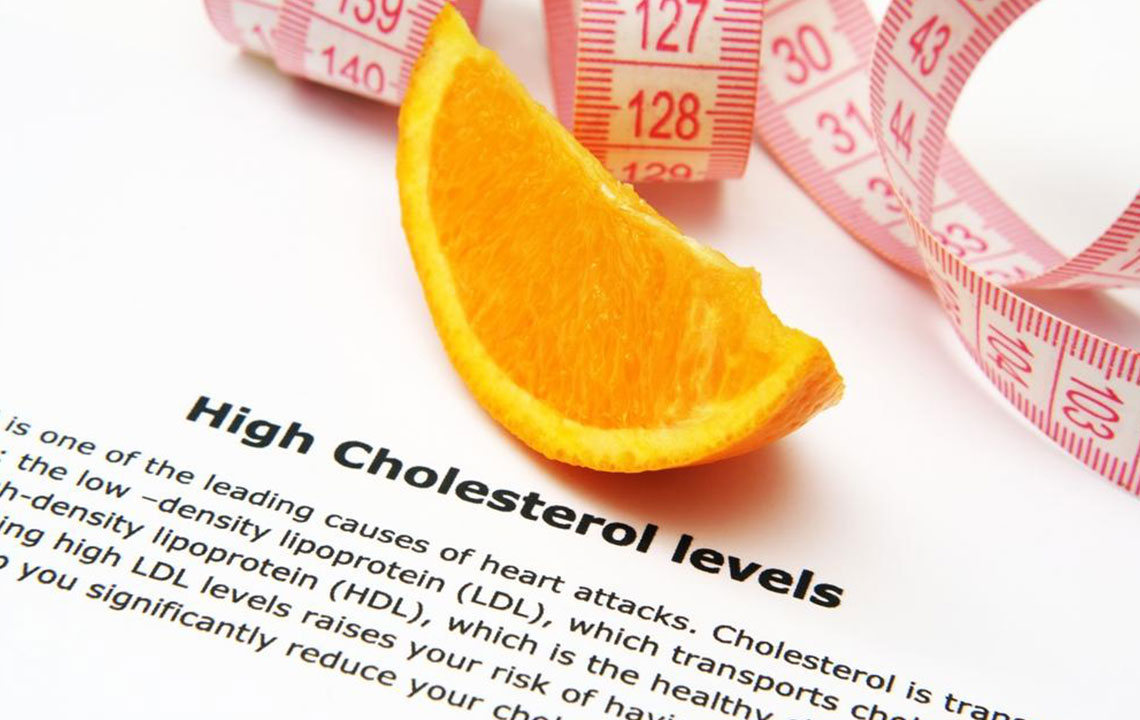Comprehensive Guide to Naturally and Medically Lower Cholesterol Levels
Discover effective strategies to naturally and medically lower cholesterol levels. This comprehensive guide covers medications like statins, ezetimibe, and niacin, as well as dietary and lifestyle changes including healthy foods, exercise, and stress management. Learn how adopting these methods can significantly reduce cardiovascular risks and promote heart health. Consulting healthcare professionals before starting new treatments is emphasized for safe and personalized cholesterol management. Empower yourself with knowledge to lead a healthier, heart-friendly lifestyle today.

Effective Methods to Reduce High Cholesterol for Better Heart Health
Managing high cholesterol is crucial for maintaining cardiovascular health and preventing heart disease. While many individuals turn to statin medications to lower LDL cholesterol, these drugs may not be suitable for everyone due to potential side effects or genetic factors influencing their efficacy. Fortunately, there are numerous alternative strategies—both medical and lifestyle—designed to help regulate cholesterol levels effectively. This comprehensive guide explores these options in detail, empowering you to make informed decisions about your health.
High cholesterol, particularly elevated LDL (low-density lipoprotein), is a significant risk factor for atherosclerosis, heart attacks, and strokes. Addressing high cholesterol involves a multifaceted approach, combining medication, dietary modifications, physical activity, and overall lifestyle changes. Understanding the various options available allows you to approach cholesterol management holistically, tailoring strategies that suit your individual health needs and preferences.
Medications and Medical Interventions
While lifestyle changes are foundational, sometimes medications become necessary to achieve target cholesterol levels. There are several classes of drugs that healthcare providers often prescribe, each working through different mechanisms to improve your lipid profile.
One well-known class includes bile acid sequestrants such as colestipol, cholestyramine, and colesevelam. These medications function by binding to bile acids in the intestine, preventing their reabsorption. This prompts the liver to convert more cholesterol into bile acids, consequently reducing LDL cholesterol levels in the bloodstream. These drugs are effective but may cause gastrointestinal side effects like bloating or constipation, so they should be used under medical supervision.
Another important medication is ezetimibe, which blocks the absorption of cholesterol from the intestinal walls. By hindering cholesterol entry into the bloodstream, ezetimibe encourages the liver to extract more cholesterol from circulation, resulting in lowered blood cholesterol levels. Often prescribed alongside statins or as an alternative, ezetimibe is especially useful for individuals who cannot tolerate statins or need additional LDL reduction.
Vitamin B3, commonly known as niacin, has been utilized for decades to manage cholesterol. Niacin increases HDL (the 'good' cholesterol) while lowering triglycerides and, to some extent, LDL cholesterol. It works by inhibiting the synthesis of triglycerides in the liver and reducing LDL secretion. While not as potent as statins, niacin is appreciated for its ability to improve the overall lipid profile with relatively fewer side effects when used appropriately. However, high doses can cause flushing, liver toxicity, or gastrointestinal issues—thus requiring careful medical monitoring.
Fibrates, like gemfibrozil and fenofibrate, primarily target high triglyceride levels. They work by decreasing the production of very low-density lipoprotein (VLDL) particles, which carry triglycerides in the blood. Fibrates effectively reduce triglycerides and can modestly improve LDL and HDL cholesterol levels, contributing to better heart health outcomes.
Omega-3 fatty acids, mainly found in fatty fish such as salmon, mackerel, and sardines, or available as dietary supplements, are beneficial in managing lipid profiles. Omega-3s increase HDL levels, decrease triglycerides, and may reduce LDL cholesterol. They also offer additional cardiovascular benefits, such as reducing inflammation and improving blood viscosity, making omega-3 supplementation a valuable component of cholesterol management.
Before starting any medication, supplement, or new treatment regimen, it is essential to consult your healthcare provider. Personalized medical advice ensures safe and effective cholesterol management tailored to your health status.
Dietary and Lifestyle Modifications
Diet plays an instrumental role in controlling cholesterol levels. Adopting a heart-healthy diet involves choosing natural, minimally processed foods, limiting saturated and trans fats, and reducing intake of simple sugars.
Incorporate foods rich in beneficial nutrients known to support cardiovascular health. Leafy greens like spinach contain lutein, a powerful antioxidant that helps prevent arterial plaque buildup. Avocados are laden with plant sterols, naturally occurring compounds that block cholesterol absorption in the gut and can lower LDL cholesterol. Including dark chocolate, which is high in antioxidants, can contribute positively to your lipid profile. Extra virgin olive oil provides healthy monounsaturated fats that increase HDL and support endothelial function.
Legumes such as beans, lentils, and chickpeas are excellent sources of soluble fiber, which binds cholesterol in the digestive system and facilitates its excretion. Oats are rich in beta-glucan, a soluble fiber that significantly reduces LDL cholesterol. Incorporate garlic into your diet for its cholesterol-lowering properties due to sulfur compounds. Moderate red wine consumption has been linked to improved HDL levels, but it should be consumed responsibly and in moderation.
In addition to diet, regular physical activity is vital. Engaging in moderate exercise like walking, jogging, cycling, swimming, or participating in sports can enhance your lipid profile by increasing HDL cholesterol while lowering triglycerides and LDL cholesterol. Aim for at least 150 minutes of moderate aerobic activity per week, as recommended by health authorities. Exercise also supports weight management, blood pressure control, and overall cardiovascular health.
Beyond diet and exercise, other lifestyle factors such as maintaining a healthy weight, quitting smoking, limiting alcohol intake, and managing stress are essential components of cholesterol management. Smoking cessation, in particular, has a profound impact on improving HDL levels and reducing cardiovascular risk.
Tracking your cholesterol levels through regular blood tests helps monitor the effectiveness of your strategies, allowing for adjustments in consultation with your healthcare provider. Maintaining a comprehensive approach that includes medical advice, dietary adjustments, physical activity, and lifestyle changes ensures optimal management of cholesterol levels, reducing your risk of heart disease and enhancing overall well-being.
Take proactive steps today by adopting these proven strategies. Combining medical treatment with lifestyle modifications empowers you to take control of your heart health and enjoy a longer, healthier life.





